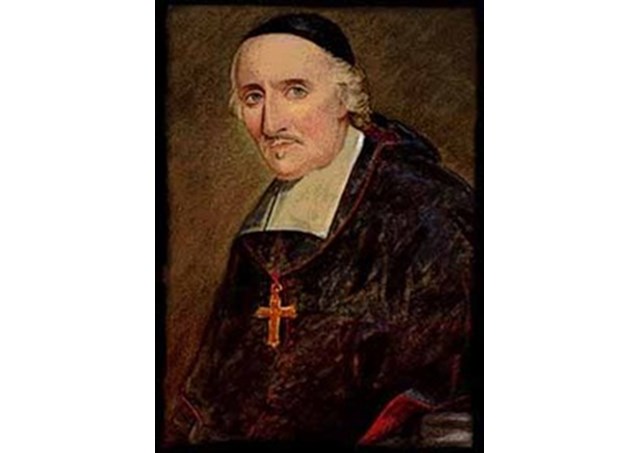
What is equipollent canonization?

Pope Francis on Sunday will celebrate a Mass of Thanksgiving in St. Peter’s Basilica for the canonization of two Canadian saints.
Francois de Laval, the first Bishop of Quebec, and Saint Marie de l’Incarnation were declared saints by Pope Francis in April, through a process called ‘equivalent’ or ‘equipollent’ canonization.
Dr Donald Prudlo is an Associate Professor of History at Jacksonville State University in the United States, and an expert in saints and sainthood. Speaking with Vatican Radio’s Christopher Wells, Dr Prudlo explained the difference between formal and 'equipollent' or 'equivalent' canonization. The distinction, he said, lies in the fact that in equipollent canonization, much of the formal process can be expedited. In a formal canonization, he said, “It takes an exceptionally long time to gather the data, interview the witnesses, to investigate the miracles.”
When there is strong devotion among the faithful toward holy men and women who have not been canonized, the Pope can choose to authorize their veneration as saints without going through that whole process. “Given the evidence of a universal cult, as it was with Francois de Laval and Marie de l’Incarnation, the Pope precedes without the necessity for having a formal canonical investigation,” Dr Prudlo said. This is often done when the saints lived so long ago that fulfilling all the requirements of canonization would be exceedingly difficult.
Dr Prudlo noted that equipollent canonization has been a recognized process “for hundreds of years” within the Church.
The canonization of St Francois de Laval and St Marie de l’Incarnation “is a gift to the universal Church,” Dr Prudlo said. “It shows that their witness, which was practiced in a small geographic area, reflects the holiness of the Church and the holiness of her saints… Both of these provide exemplary models of holiness and action in the modern Church. And the extension of the cult to them is truly a gift.”
Listen to the full interview of Dr Donald Prudlo with Christopher Wells:
| All the contents on this site are copyrighted ©. |


